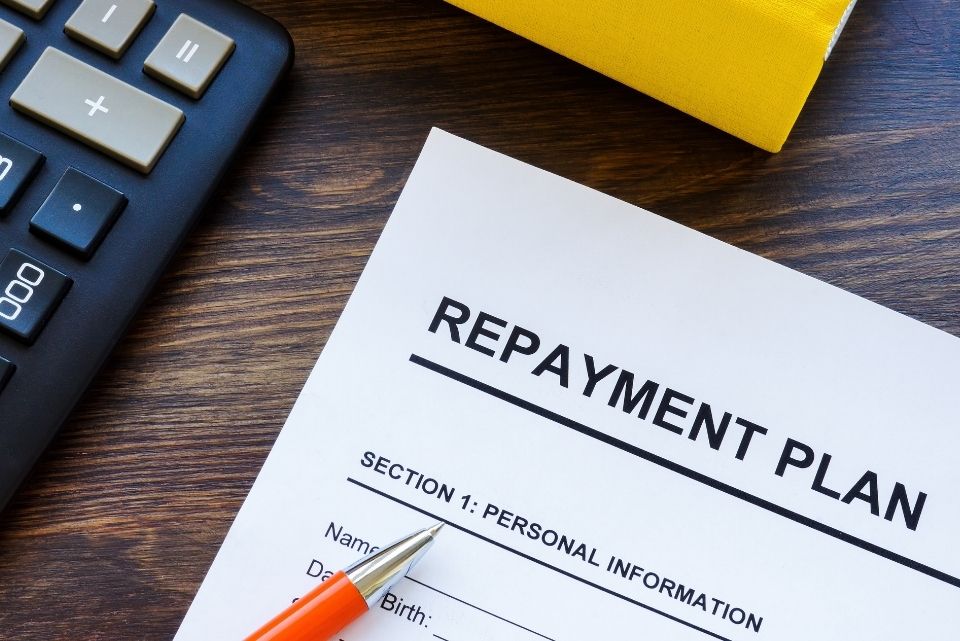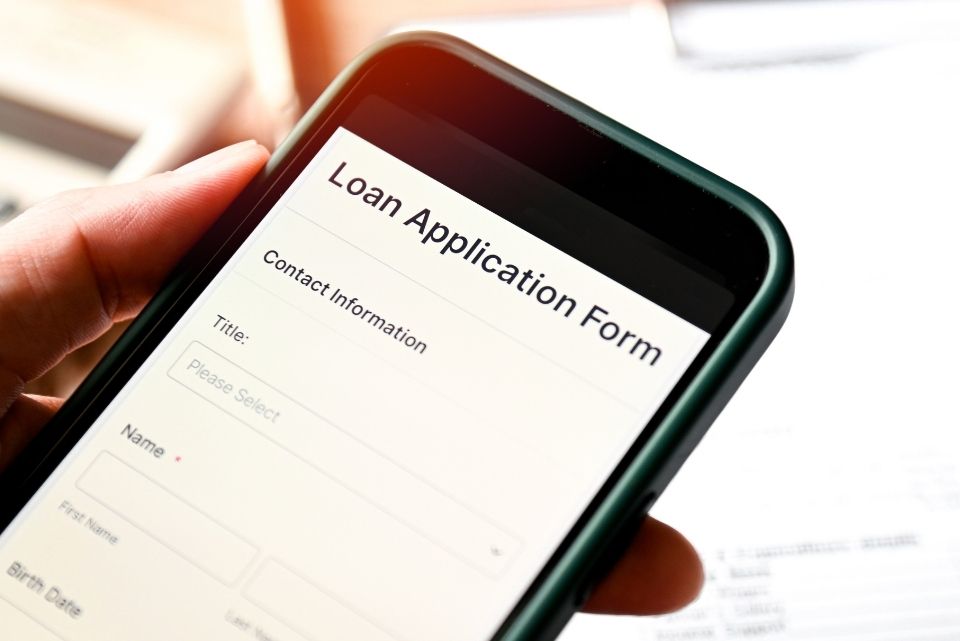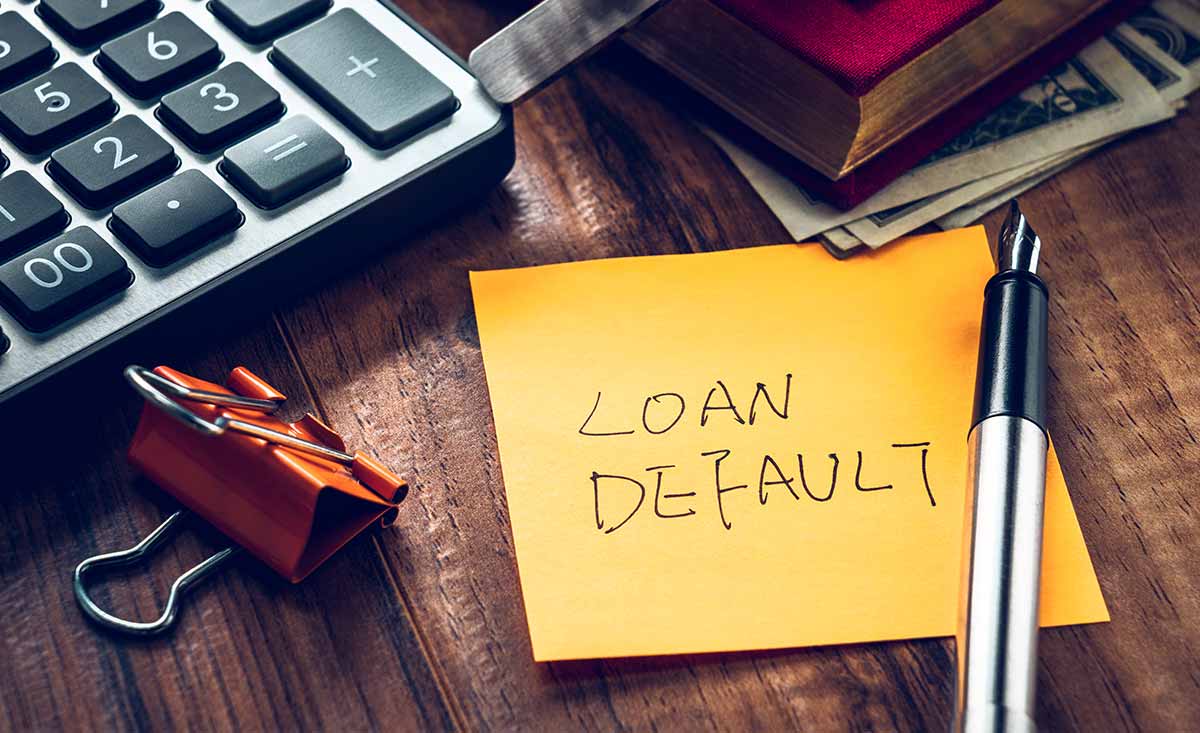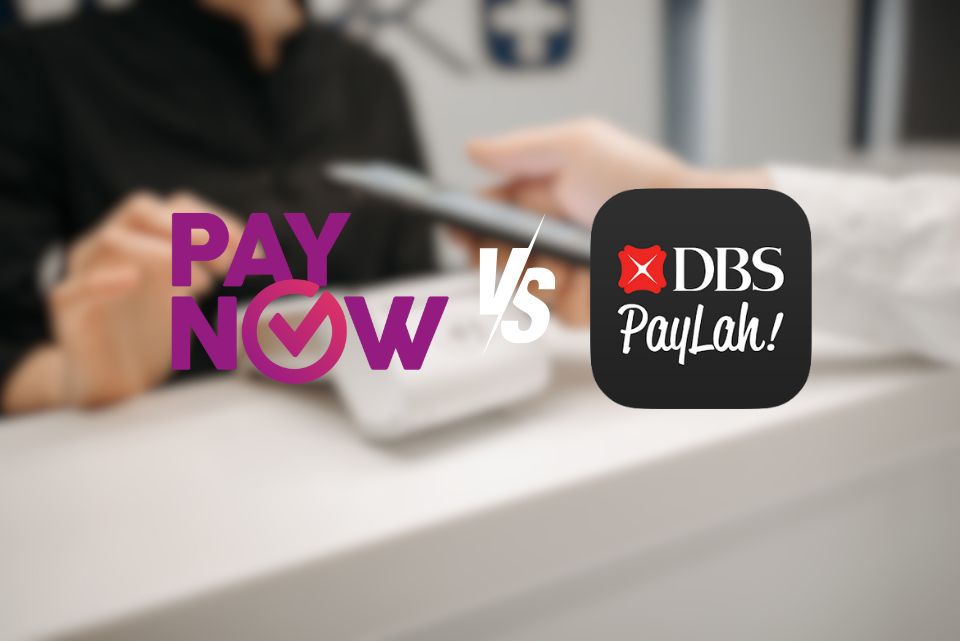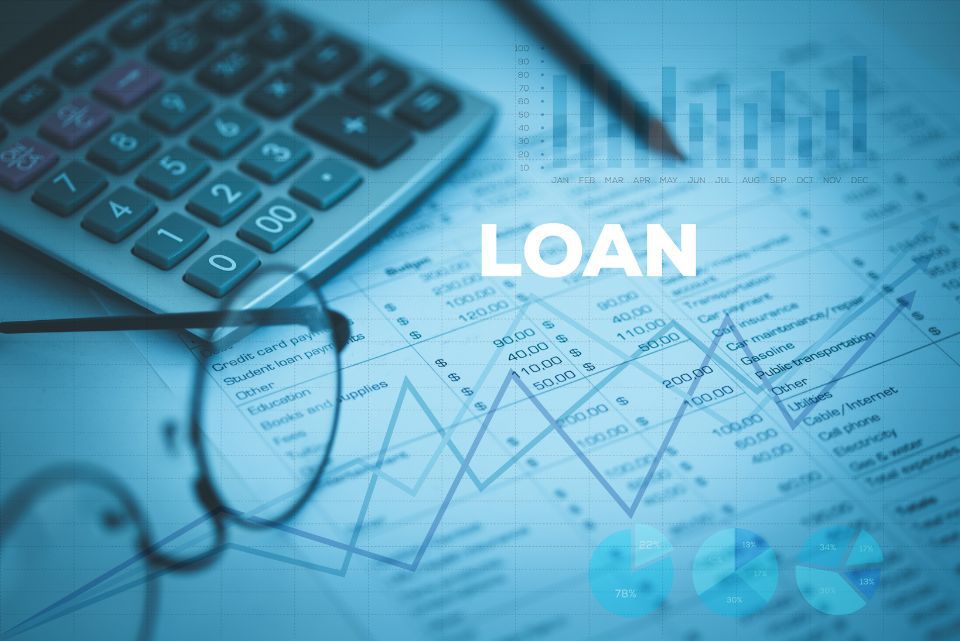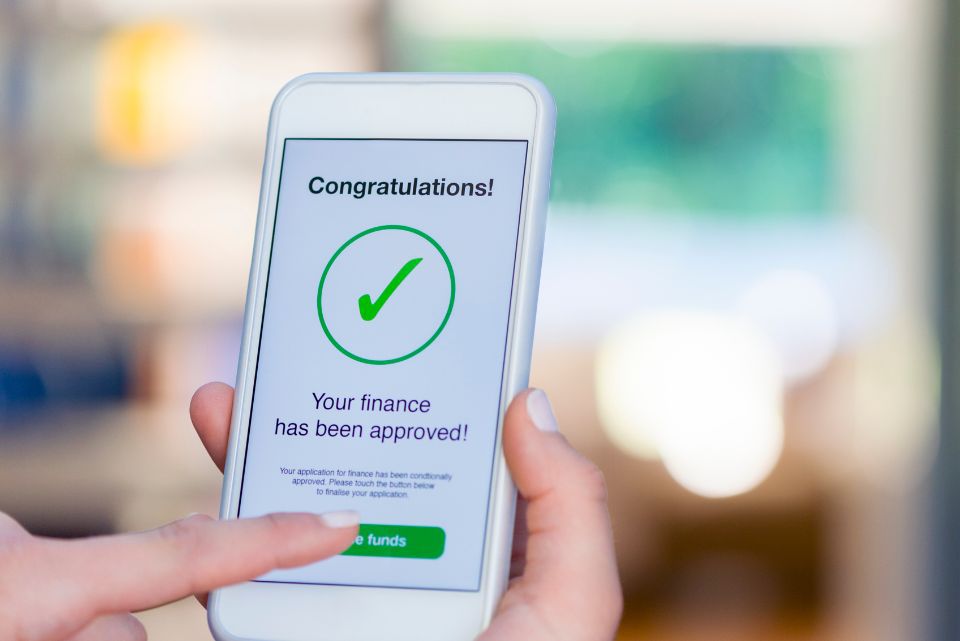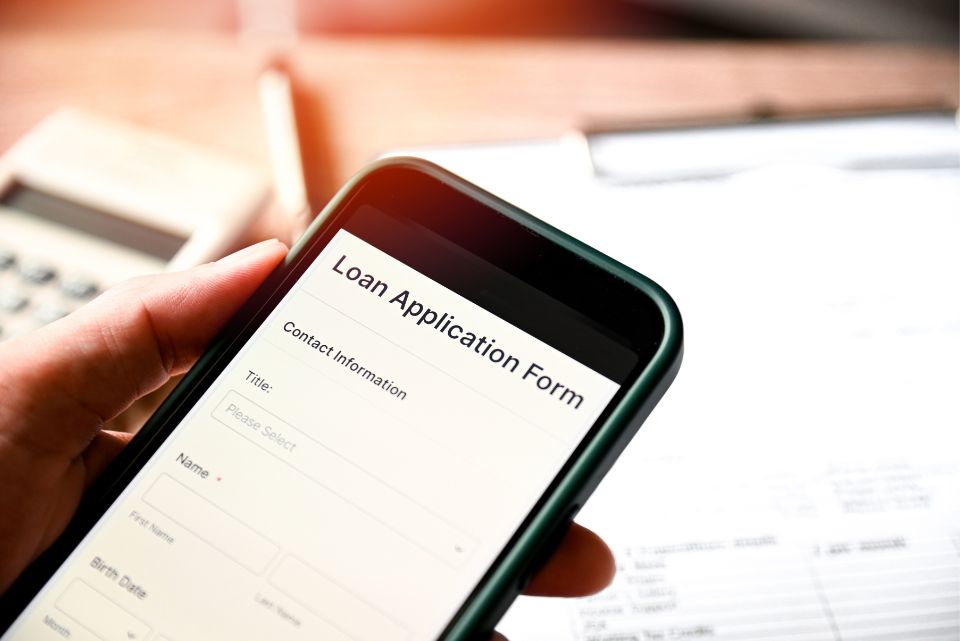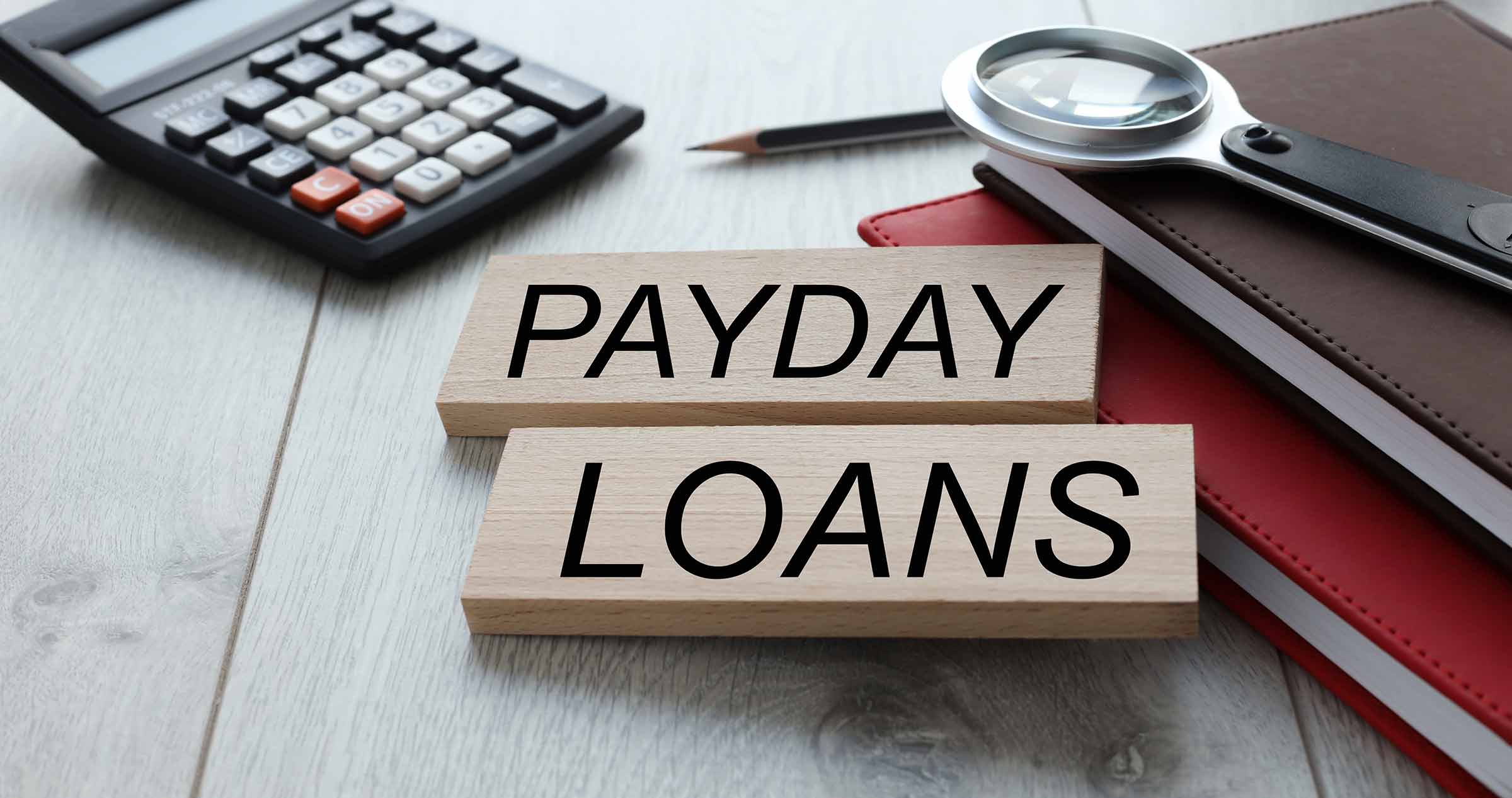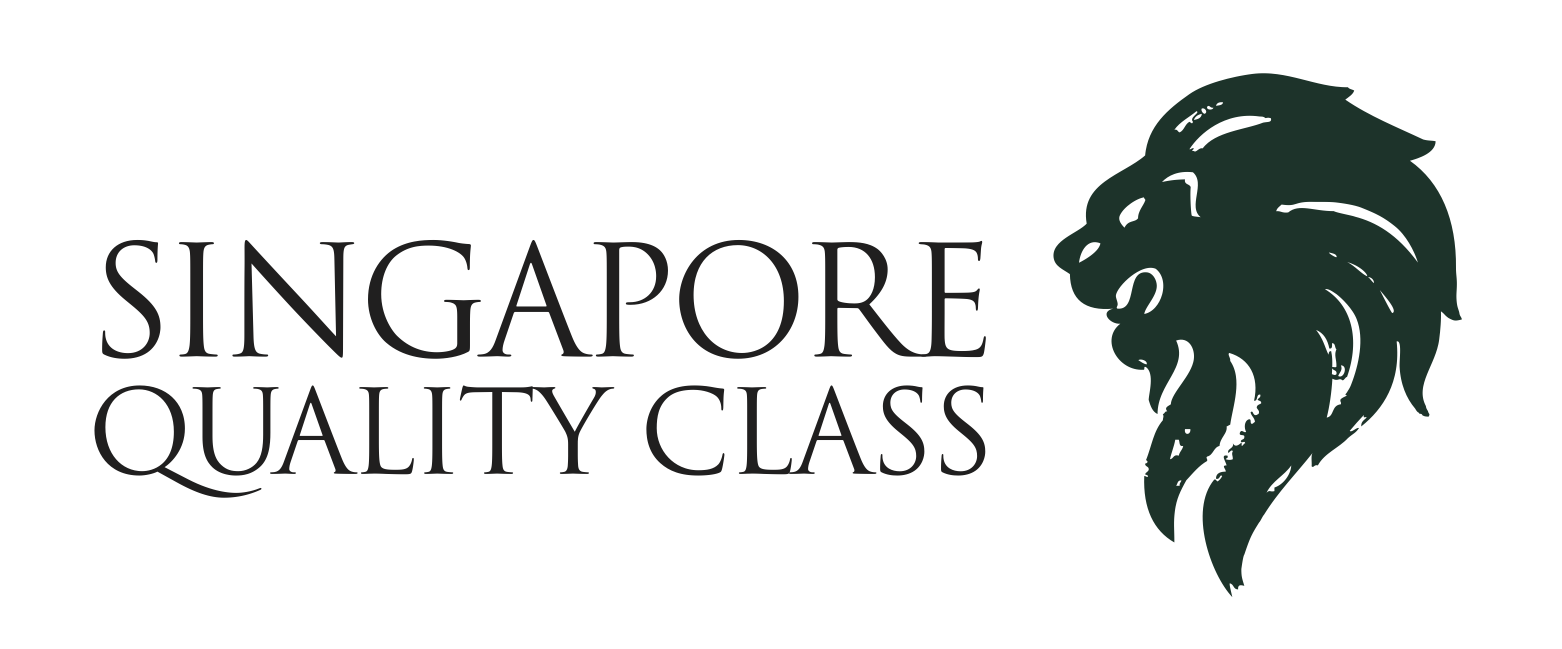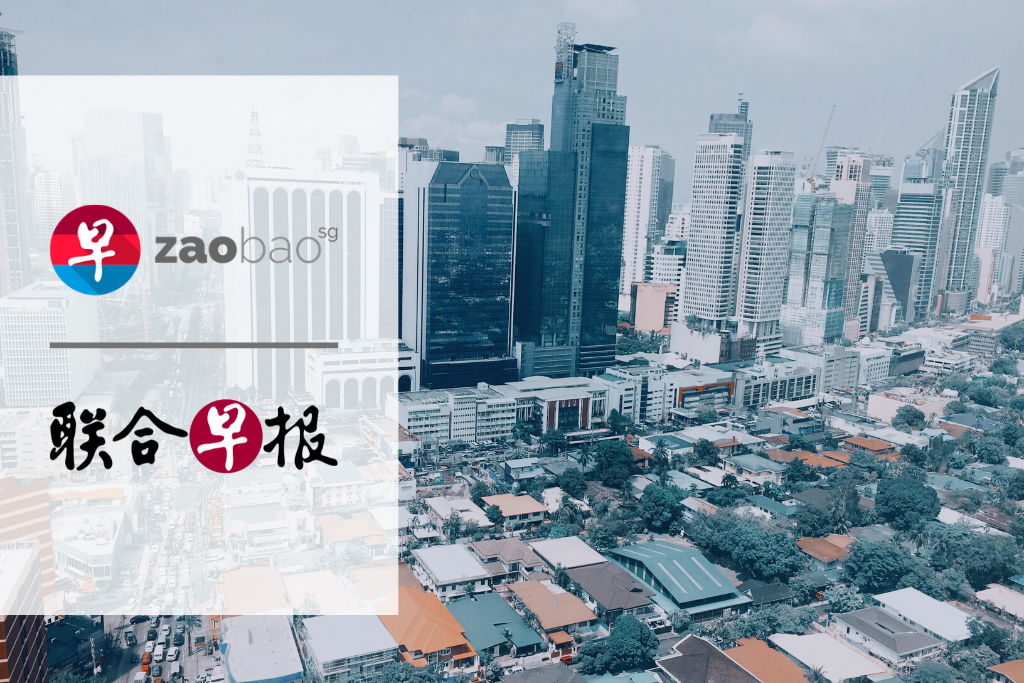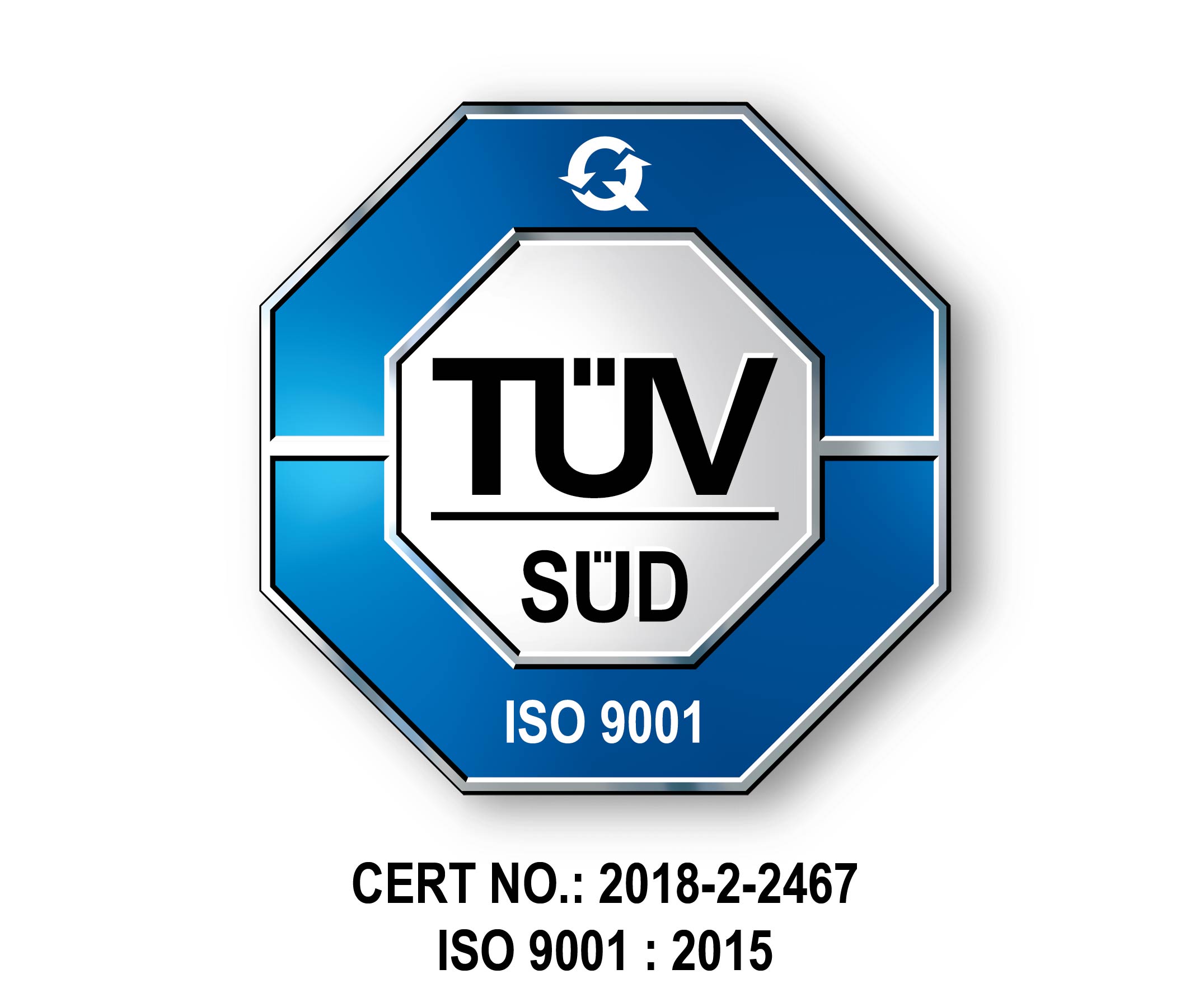
You’ve probably seen those ads popping up everywhere, claiming they can give loans without any interest, right? Sounds almost too good to be true, doesn’t it?
Well, are these zero-interest loans real or not? What’s the actual deal behind these offers, and what catch should you be looking out for when it comes to these so-called “interest-free loans”?
So, would you get one? But, before dealing with this kind of loan, let’s get into it and find out the real deal.
What Is An Interest-Free Or Zero-Interest Loans In Singapore?

When you get a loan, you’re given a lump sum of money. Over time, you pay back that amount plus an extra fee called interest. This fee is what the lender charges for letting you use the money right away..
But an interest free loan works differently. Here, you borrow money and return just what you borrowed, without any interest added on. It might seem like a clear win for you and a loss for the lender at first look. However, there’s more to it and that’s what you need to know.
In Singapore, while the concept of paying zero interest on a loan sounds incredibly appealing, it’s important to understand the fine print. These loans often come loaded with specific terms and conditions that, if not met, can result in penalties far exceeding conventional interest charges.
This means that, ironically, a lender might actually end up earning more from an interest-free loan than a standard one, all thanks to the stringent stipulations attached.
Who Might Provide You With A Loan Without Interest Charges?
Certain banks have interest free loan programmes aimed at helping students. These loans are not entirely without interest, but they are set up to let students complete their education and find work before they need to start repayments.
Banks are clear about any interest that will be charged, so discussing this at the start can prevent surprises later.
There are also government and educational trust programmes offering loans without interest for student education. These loans must be used for educational costs only.
Apart from banks, some licensed moneylenders offer interest-free loans based on the borrower’s income, the loan’s purpose, and how long it lasts. These loans usually need to be paid back quickly, sometimes in just two weeks, unlike the longer payback period for regular loans.
Banks might also have low-interest personal loans as an option if you’re looking to keep interest costs down. Yet, when checking out loans from moneylenders and banks, it’s important to know that each has different rules for approving loans.
What’s The True Cost of An Interest-Free Loan?
When you opt for a loan, interest isn’t the sole expense. There are other fees and charges that can inflate the total amount you’ll end up repaying.
Upfront Charges
These include the administrative costs that are pretty much standard across all loan types. However, interest-free loans might come with their own unique set of charges too. These initial fees can either be settled upfront upon loan approval or integrated into your monthly payments. Common fees include such as application fee and service charge.
Penalty Charges
If you don’t adhere to the terms of your loan contract, you could face penalty charges. These are fines for not complying with the loan agreement and might include late repayment fees, charges for missing a payment, or administrative fees associated with late payments.
It is important to note that not every loan will have these fees, so it’s crucial to consult your loan agreement or talk to your loan officer for a comprehensive breakdown of applicable charges.
Interest Charges on an “Interest-Free” Loan
Interestingly, there might be scenarios where you end up paying interest on a loan labelled as “interest-free.” This could occur if you violate certain terms of your loan agreement, triggering penalties.
In some cases, you might also face deferred interest, which applies to previous payments made on time if certain conditions are not met. Extra fees can really add up, making the loan more expensive than standard loans with interest.
Make sure to read the loan agreement carefully to know all the possible extra fees. This can help you avoid unexpected costs and make smart choices.
Wondering If An Interest-Free Loan Is A Good Fit For You?
It’s hard to believe, but an interest-free loan might not be everyone’s cup of tea. The biggest concern? The heavy consequences of not keeping up with payments on time.
Here are some critical considerations before jumping into such a loan:
Must have a stable income.
Ensuring a steady cash flow is key. This means having enough to not only cover your loan payments but also to manage any surprise expenses that pop up.
Able to handle finances effectively.
It’s one thing to make enough for your loan payments; it’s another to not splurge on extras. Discipline in spending is vital to avoid derailing your payment plans.
Repaying loans on time
Staying on schedule with payments is crucial. Missing the last payment can be just as damaging as missing the first.
Aware of the fees and penalties.
Take the time to understand all the terms of your loan, especially the penalties for late or missed payments and any additional fees.
Have a contingency plan.
Unexpected financial hiccups happen. Do you have an emergency fund or a plan to fall back on if things get tight?
Weighing these points can help you decide if an interest-free loan fits your financial stability and discipline.
Sometimes, a loan with a low interest rate and clearer terms might be a smarter choice than a zero-interest option with hefty fees or strict conditions.
But, What If You Are Not Qualified For Zero-Interest Loans? How To Secure Lowest-Interest Rate?
In Singapore, locking in a minimal interest rate can be challenging due to fluctuating rates and stringent criteria. However, here are some effective strategies to boost your chances:
Boost Your Credit Score.
Your credit score is crucial for banks to gauge your reliability and payment history. A higher score can tip the scales in your favour.
If a low credit score is holding you back and banks are hesitant, consider turning to licensed moneylenders. They’re less likely to judge solely on credit score, offering a lifeline even to those with less-than-stellar records, though the trade-off might be a higher interest rate.
Stay prompt with payments.
Your track record of payments is a key indicator for lenders. Demonstrating that you can manage timely payments enhances your credibility.
Showcase a steady income.
While your income level isn’t the only consideration, consistent earnings from a full-time or part-time job can make you a more appealing candidate for an interest-free or low-interest loan.
Keep your loan history clean.
Having multiple loans or a history of missed payments can be red flags for lenders. A clean slate with timely repayments can significantly improve your loan prospects.
Complete documentation is key.
Be organised and ready with all necessary documents, such as employment proof, income statements, and identification. Promptness and completeness in your paperwork reflect your responsibility.
It’s true that finding an interest-free loan in Singapore might not be straightforward, given their particular qualifications or limited availability. Nonetheless, adhering to these strategies and maintaining financial stability can greatly enhance your odds of securing a loan with the most favourable interest rate available.
The Bottom Line
Before signing any loan agreement, be sure to carefully read and understand all the terms. Remember, missing payments on a zero-interest loan could actually end up costing you more.
Need a fast personal loan? Crawfort offers an easy application process with a fast 8-minute approval time. Apply for a loan today!





























